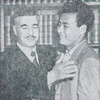
Just two months away from the Rio Olympic Games, let us take a moment here. Do you know that once in the history of the Olympic Games, one podium was dominated by three athletes, all from different countries but of the same Japanese ethnicity? In the 1952 Helsinki Olympic Games, …
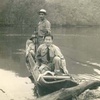
Read Part 1 >> Kenji Yamazaki, who gave up his position as a member of parliament and sacrificed himself for love and the romance of pioneering in South America A representative example of postwar left-wing immigrants is Yamazaki Kenji (1902-1958, Gotemba City, Shizuoka Prefecture). He was elected to the Numazu …
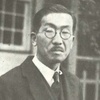
Although they are simply referred to as "Japanese immigrants in Brazil," each person has their own unique motivation for moving to the other side of the world. Of course, generally speaking, most of them came from a place of "seeking a better life," but in reality, they were motivated by …
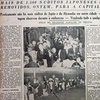
Read Part 1 >> What is "dangerous content"? So what kind of "dangerous content" about wartime was written in "Senya"? The overall tone of the book is lyrical and highly praiseful of Japan, giving it the victorious atmosphere. The headings of Chapter 1, Section 1 of "Senya" are "The Severance …
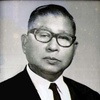
At 10 a.m. on March 3, 1948, a detective from the Social and Political Police (DOPS, equivalent to the Special Higher Police in Japan) suddenly showed up at the boarding school Gyosei Gakuen in the Pinheiros district of São Paulo and ordered the school's principal, Koichi Kishimoto (pen name Oka …
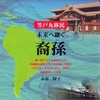
In Japan, Okinawans have been in conflict with their government over the US base relocation. The word “immigration” may be one of the key words to understanding their unique way of thinking. In Japanese history, there is a missing link—the history of immigration—and perhaps the great majority of people are …
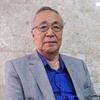
Read Part 1 >> The fake palace fraud incident also occurred right after the end of the war When asked about his motivation for moving during an interview (January 10, 2013) in a hotel lobby in São Paulo, he replied, "I heard that Tarama had no successor. I had a …
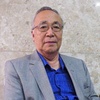
While studying the history of performing arts and Japanese literature, folklorist Orikuchi Shinobu proposed the concept of "tales of the wandering nobleman" as the prototype of narrative literature in Japan. The story is about someone of high status, such as royalty or aristocrat, being abandoned for some reason and forced …
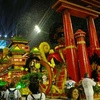
Read Part 1 >> The first time Japanese immigration is the topic Japanese immigrants, who had kept their distance from Carnival, were first chosen as the theme of the parade in 1983 by the Escola "Barroca Zona Sul" in the city of São Paulo. At the time, they were the …